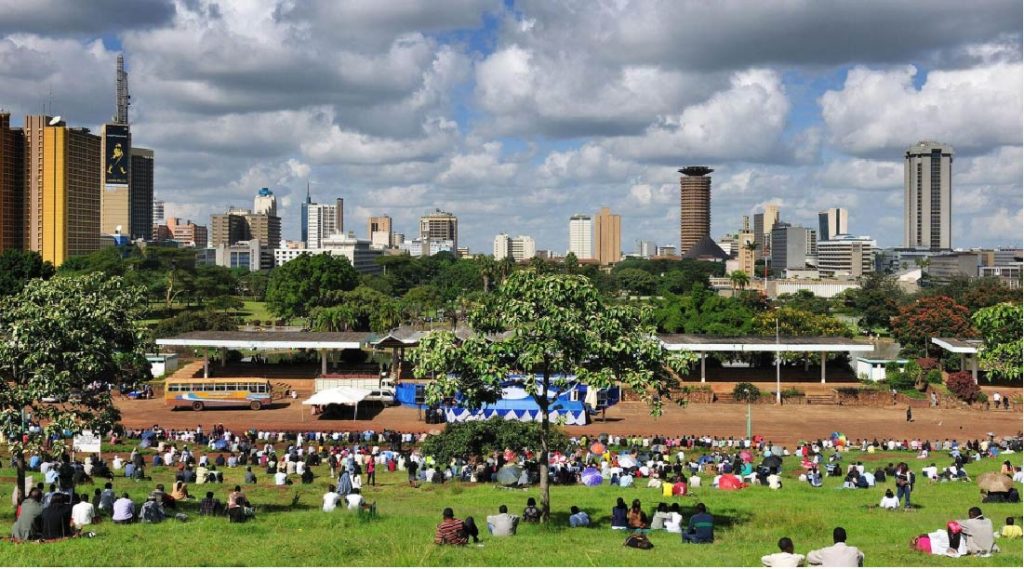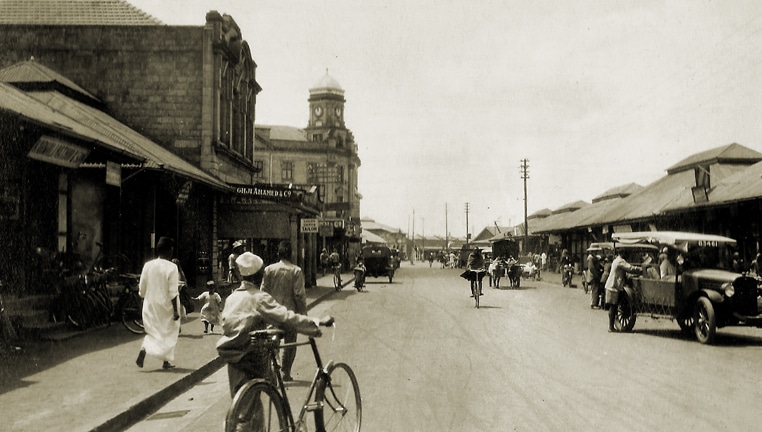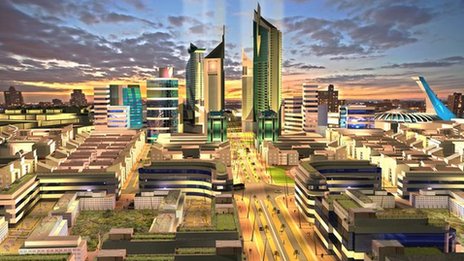Nairobi: History, Present, and Future

[vc_row][vc_column][vc_column_text css=””]Nairobi, the vibrant capital city of Kenya, is a place of rich history, dynamic present, and promising future. Established in the late 19th century as a railway depot, it has grown rapidly into one of Africa’s fastest-growing cities. Nairobi stands as a cultural melting pot, blending diverse Kenyan ethnicities with international influences, which is reflected in its bustling markets, varied cuisine, and lively arts scene. Economically, the city is a powerhouse, hosting numerous multinational corporations, financial institutions, and a thriving tech industry often referred to as the “Silicon Savannah.” Politically, Nairobi is the seat of the Kenyan government and plays a crucial role in regional diplomacy and international affairs, often hosting key East African and global summits. With ongoing investments in infrastructure, education, and technology, Nairobi continues to shape its future as a leading city on the continent.
History
Founded in 1899 as a simple railway depot on the Uganda Railway, Nairobi’s origins are closely tied to the colonial infrastructure developments during British rule. Initially established to serve as a supply station between Mombasa and Kisumu, the town quickly grew due to its strategic location between the two points. The name “Nairobi” is derived from the Maasai phrase “Enkare Nairobi,” meaning “cool water,” named after the river that flows through the city.
By 1907, Nairobi became the capital of British East Africa, replacing Mombasa. This status helped spur its growth into an administrative and commercial center. However, the city was deeply shaped by colonial policies, including racial segregation and land dispossession of indigenous communities. After Kenya gained independence in 1963, Nairobi evolved rapidly, becoming a symbol of post-colonial progress and urbanization.
Present
Today, Nairobi is a bustling metropolis with an estimated population exceeding 4 million people. It is Kenya’s economic powerhouse, hosting the headquarters of numerous multinational corporations, financial institutions, and international organizations, including the United Nations Environment Programme (UNEP) and the United Nations Office at Nairobi (UNON). The city’s economy is diverse, with thriving sectors in finance, technology, manufacturing, and tourism.
The cityscape is a blend of modern skyscrapers, sprawling informal settlements, and preserved green spaces such as Nairobi National Park, one of the world’s only national parks located within a major city. Nairobi is also known for its vibrant cultural scene, with museums, theaters, and a diverse culinary landscape.
Despite its progress, Nairobi faces challenges including traffic congestion, pollution, housing shortages, and socio-economic inequality. Rapid urbanization has placed pressure on infrastructure and public services, necessitating innovative approaches to urban management.
Future
Nairobi’s future is poised for transformation driven by technological innovation, infrastructure development, and sustainable urban planning. Initiatives like Konza Technopolis, often dubbed “Kenya’s Silicon Savannah,” aim to position Nairobi and its surrounding regions as a leading technology and innovation hub in Africa.
The city is also investing heavily in infrastructure projects such as the expansion of the Nairobi Expressway, improved public transportation networks including bus rapid transit systems, and upgrading of water and sanitation services. These projects are vital to accommodate the growing population and enhance residents’ quality of life.
Environmental sustainability is increasingly a priority, with efforts to protect green spaces, promote renewable energy, and implement smart city technologies to improve energy efficiency and waste management.
Kenya Vision 2030 (Swahili: Ruwaza ya Kenya 2030) is a comprehensive national development program launched on 10 June 2008 by President Mwai Kibaki. The initiative aims to transform Kenya into a newly industrializing, middle-income country by the year 2030, improving the average standard of living for all Kenyans. To achieve this, the vision focuses on three key pillars: economic growth, social development, and political stability. Through strategic investments in infrastructure, education, healthcare, and governance, Kenya Vision 2030 seeks to create a sustainable and prosperous future for the nation.
Socially, Nairobi is expected to become more inclusive with initiatives aimed at upgrading slums, expanding affordable housing, and improving access to healthcare and education.
Nairobi’s journey from a modest railway depot to a leading African metropolis highlights its resilience and adaptability. With continued investment in infrastructure, technology, and social development, Nairobi is set to realize its vision as a world-class city that balances economic growth with environmental sustainability and social equity.[/vc_column_text][/vc_column][/vc_row]


